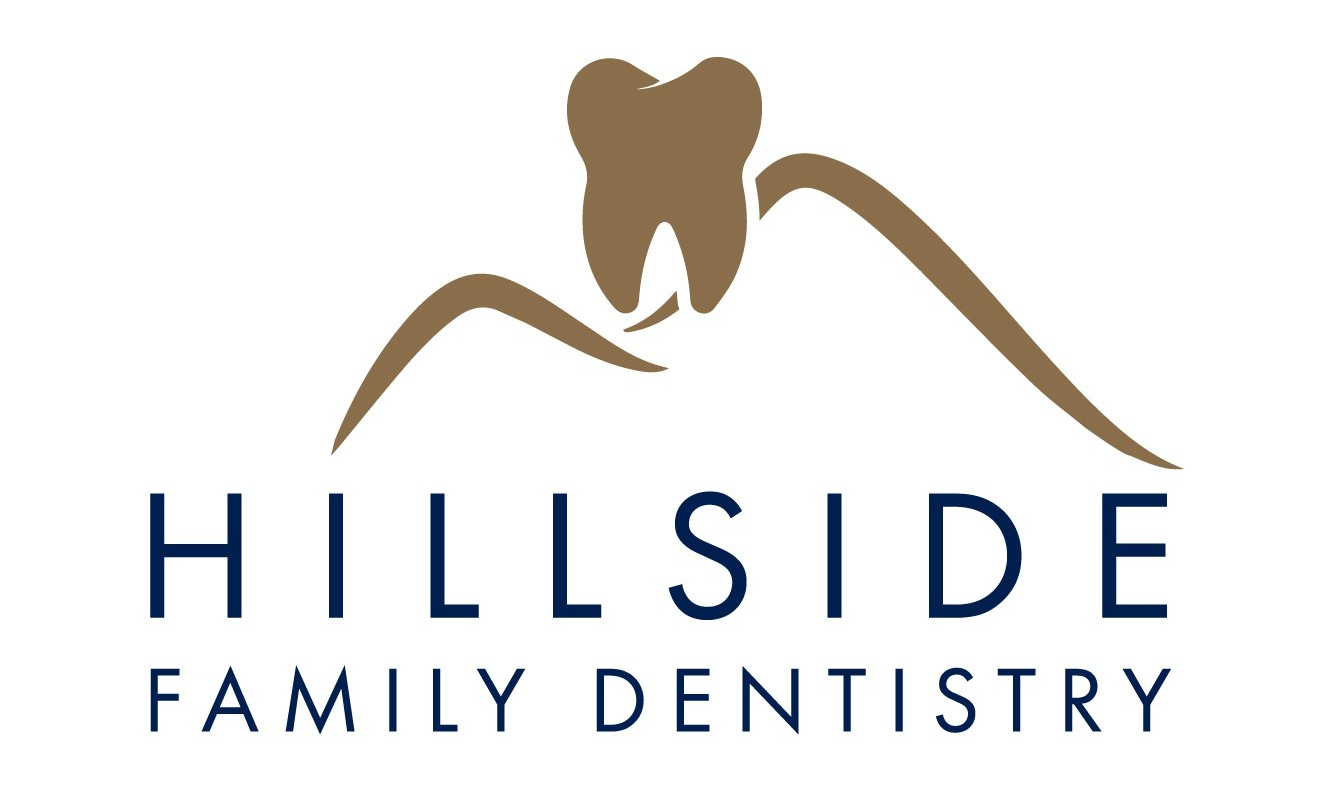Benefits of Choosing Dental Implants
When it comes to replacing missing teeth, we have several options to consider. Two of the most common choices are dental implants and bridges. Both methods aim to restore the function and appearance of our teeth, but they have significant differences that can impact our long-term dental health and overall satisfaction.
Dental implants involve inserting a titanium post into the jawbone to act as a replacement tooth root. This post then supports a crown, which looks and functions like a natural tooth. In contrast, bridges use adjacent teeth as anchors to hold a false tooth in place. This method doesn’t involve surgery but does require altering the surrounding healthy teeth.
Choosing the right option is crucial for maintaining our oral health, comfort, and confidence. Dental implants offer several benefits over bridges, making them a preferred choice for many. They provide a more permanent solution, help preserve our jawbone, and offer a natural look and feel. In this article, we will explore the advantages of dental implants in more detail and explain why they might be the best choice for us. Understanding these benefits can help us make an informed decision and ensure the best outcome for our dental health.
Understanding Dental Implants and Bridges
Dental implants and bridges are two popular options for replacing missing teeth, but they work in different ways. Understanding how each option functions can help us make a better choice for our dental health.
Dental implants involve placing a small titanium post into the jawbone, which acts like a natural tooth root. Over time, the post fuses with the bone, providing a strong and stable foundation for a crown. This crown is custom-made to match the color and shape of our existing teeth. The process usually requires a few visits to the dentist and some healing time, but the result is a permanent, natural-looking tooth.
On the other hand, bridges consist of one or more artificial teeth that fill the gap left by missing teeth. The false tooth is held in place by dental crowns on the adjacent healthy teeth, which have to be filed and shaped to support the bridge. While bridges don’t require surgery, they do involve altering nearby teeth and may not provide the same level of stability as implants.
Both options aim to restore the function and appearance of our smile, but they come with different benefits and drawbacks. Dental implants offer a more permanent and durable solution, while bridges can be a quicker and less invasive option.
Longevity and Durability of Dental Implants
One of the biggest advantages of dental implants over bridges is their longevity and durability. Dental implants are designed to be a long-term solution for missing teeth, often lasting a lifetime with proper care.
The titanium post used in dental implants is incredibly strong and resistant to decay. Once the post fuses with the jawbone, it becomes a permanent part of our mouth, much like a natural tooth root. This fusion process helps prevent bone loss, which can occur when a tooth is missing and the jawbone begins to deteriorate. By preserving the bone, implants maintain the structure of our face and jaw over time.
In contrast, bridges typically last about 10 to 15 years before they might need replacement. Since they rely on the adjacent teeth for support, any issues with those teeth can affect the stability of the bridge. Over time, the teeth that support a bridge may become weakened or damaged, requiring additional dental work.
The durability of dental implants means fewer replacements and less maintenance in the long run. This makes them a more cost-effective choice over time, even though the initial investment may be higher. For those looking for a permanent solution that offers peace of mind and long-lasting results, dental implants are an excellent option.
Oral Health Benefits of Dental Implants
Choosing dental implants over bridges offers several oral health benefits. One of the most important advantages is that dental implants help preserve our jawbone and prevent bone loss. When a tooth is lost, the jawbone in that area can begin to shrink because it no longer receives the stimulation it needs. Dental implants provide this necessary stimulation, keeping the bone healthy and strong.
Implants also help maintain the integrity of adjacent teeth. Since bridges rely on neighboring teeth for support, these teeth must be filed down and crowned. This process can weaken the supporting teeth and make them more susceptible to decay and damage. On the other hand, dental implants don't affect nearby teeth, allowing us to keep them in their natural state.
Another benefit is easier oral hygiene. Bridges can be challenging to clean around, leading to the build-up of plaque and an increased risk of gum disease. Implants act like natural teeth and can be brushed and flossed normally. This makes it easier to maintain good oral hygiene and keeps our gums and remaining teeth healthy.
Aesthetic and Functional Advantages of Dental Implants
Dental implants offer significant aesthetic and functional benefits compared to bridges. One of the key advantages is that implants look and feel more like natural teeth. The custom-made crowns are designed to match the shape and color of our existing teeth, providing a seamless and natural appearance that enhances our smile.
Functionally, dental implants restore full chewing power. Since the implant is anchored securely into the jawbone, it provides a stable and strong base for the crown. This allows us to eat our favorite foods without worry. Bridges, though functional, may not provide the same strength and stability, potentially limiting our diet choices.
Moreover, dental implants help prevent the shifting of adjacent teeth. When a tooth is missing, the surrounding teeth can gradually move into the gap, causing misalignment. By filling the space with an implant, we can maintain proper teeth alignment and avoid issues related to crowding or an improper bite. This contributes to better overall oral health and prevents potential complications in the future.
Conclusion
Dental implants offer numerous benefits over bridges, making them an excellent choice for those needing a permanent solution for missing teeth. They provide superior longevity and durability, often lasting a lifetime with proper care. Implants also support better oral health by preserving the jawbone and maintaining the integrity of adjacent teeth.
In addition to their health benefits, dental implants offer significant aesthetic and functional advantages. They look and feel like natural teeth, restoring full chewing power and preventing the shifting of nearby teeth. By choosing dental implants, we can enjoy a healthier, more confident smile.
If you are considering tooth replacement options, understanding the benefits of dental implants can help you make an informed decision. For personalized advice and affordable dental implants in Georgia, contact Hillside Family Dentistry to schedule your appointment. Our experienced team is dedicated to providing the best solutions for your dental needs.
Share This Post

